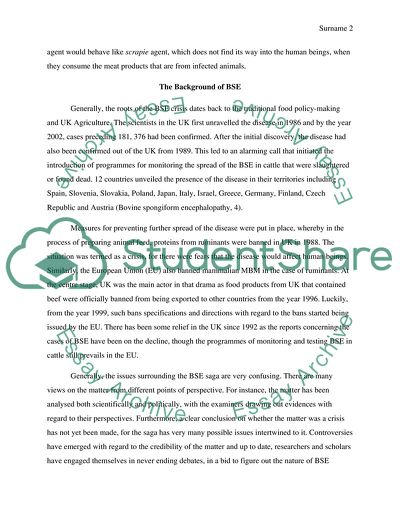Cite this document
(“Science policy studies - Was there a BSE crisis Essay”, n.d.)
Science policy studies - Was there a BSE crisis Essay. Retrieved from https://studentshare.org/miscellaneous/1587593-science-policy-studies-was-there-a-bse-crisis
Science policy studies - Was there a BSE crisis Essay. Retrieved from https://studentshare.org/miscellaneous/1587593-science-policy-studies-was-there-a-bse-crisis
(Science Policy Studies - Was There a BSE Crisis Essay)
Science Policy Studies - Was There a BSE Crisis Essay. https://studentshare.org/miscellaneous/1587593-science-policy-studies-was-there-a-bse-crisis.
Science Policy Studies - Was There a BSE Crisis Essay. https://studentshare.org/miscellaneous/1587593-science-policy-studies-was-there-a-bse-crisis.
“Science Policy Studies - Was There a BSE Crisis Essay”, n.d. https://studentshare.org/miscellaneous/1587593-science-policy-studies-was-there-a-bse-crisis.


